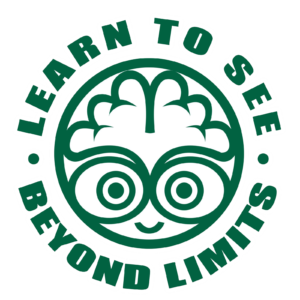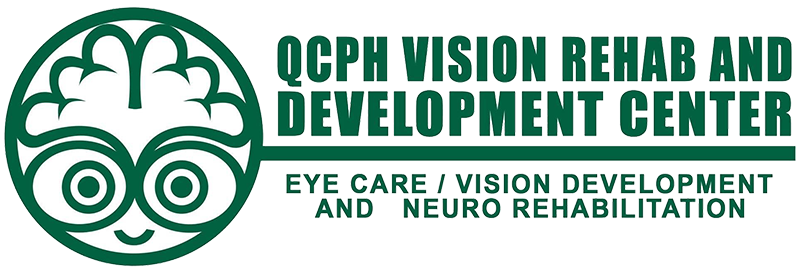What is Neuro Rehabilitation?
Brain trauma often causes vision deficits, a frustrating reality that complicates a patient’s ability to walk, achieve balance, and return to work post-injury. Because vision affects other sensory functions, these deficits can impair judgment, focus, and spatial orientation. This impacts a critical milestone in recovery – safely navigating in real-world settings.
We have a comprehensive vision program providing therapies and technologies that can build new pathways in the brain and correct visual damage.
Our Treatment Plan
Step 1: Process One
Our doctor establishes a unique plan for each child that includes sensory motor work, eye tracking, core exercises, academic skill training, advices healthy nutrition, confidence building and many other activities that work to bolster a child’s developmental deficits. What is unique is that we bring all these activities together in one program, including monitoring and reporting on a child’s progress.
It is a coordinated and systematic approach that is hard, if not impossible to find elsewhere. Many tell us that it’s the first time they have had a comprehensive, integrated plan that is set in place, tracked and reviewed for their child.
Step 2: Process Two
Parent conferences occur every after 8 sessions after you complete the program and one-year post-assessment. Once your child’s plan is set, there are conferences along the way to continuously monitor and report back on progress.
Step 3: Process Three
Our Program Guide will provide you with information on every aspect of the program. Exercise videos and other therapy activities are all easily accessible and downloadable from the binovi site. ( optional enrollment )


The Evidence for Vision Therapy
Vision Therapy or Vision Training is a therapeutic approach program of activities incorporating the use of lenses, prisms, and filters. It is used as part of the treatment for a range of vision disorders such as convergence problems, accommodation dysfunction, lazy eye and oculomotor disorders. In our practice, the majority of vision therapy conducted is for accommodation dysfunction and convergence problems, otherwise known as focusing and eye-teaming difficulties.
These visual dysfunctions require specific tests to identify them, as they are often not related to eye defects such as sight problems or lazy eye. You can have perfect sight or read “20/20”, and still have other vision problems requiring treatment. The symptoms are not always obvious and require that the right questions are asked during an assessment.
Quick Contact
Please fill out the form below to contact us.




